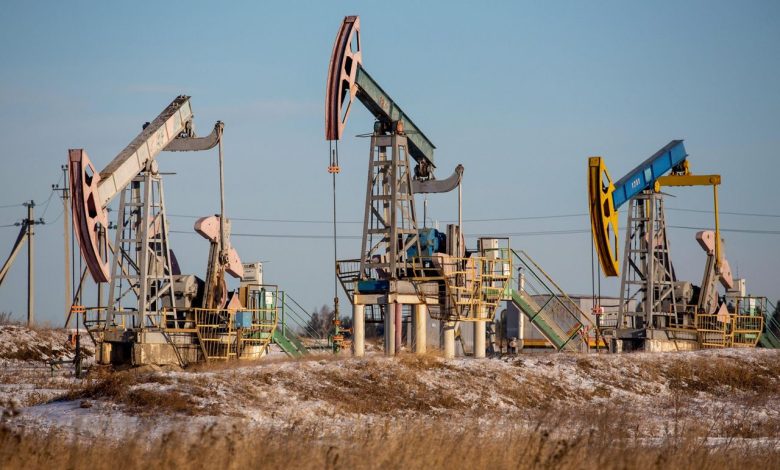Oil slumps 17% in Q3 as Middle East conflict offset by slowing demand

OIL prices were little changed on Monday, but posted a 17 per cent loss for the third quarter as fears that a widening conflict in the Middle East could curtail crude supply were overshadowed by waning global demand concerns.
Brent crude futures for November delivery, which expired on Monday, fell 21 cents to settle at US$71.77 a barrel. Meanwhile, the more actively traded Brent contract for December delivery gained 27 cents to US$71.81.
The global benchmark posted a 9 per cent drop in September, its biggest monthly decline since November 2022, and after falling a third consecutive month, it slumped 17 per cent in the third quarter, its biggest quarterly loss in a year.
West Texas Intermediate (WTI) futures fell a cent to settle at US$68.17. The US benchmark tumbled 7 per cent in September in its biggest monthly decline since October 2023, and slumped 16 per cent in its biggest quarterly drop since the third quarter 2023.
On Monday, prices were supported by the possibility that Iran, a key producer and member of the Organization of the Petroleum Exporting Countries, may be directly drawn into a widening Middle East conflict.
Since last week, Israel has escalated attacks, conducting strikes which have killed Hezbollah and Hamas leaders in Lebanon and hit Houthi targets in Yemen. The three groups are backed by Iran.
BT in your inbox

Start and end each day with the latest news stories and analyses delivered straight to your inbox.
The market is weighing whether the Middle East conflict will spread in the region, said Tim Snyder, economist at Matador Economics.
Oil prices had a muted response to Beijing’s announcement last week of fiscal stimulus measures in the world’s second-biggest economy and top oil importer.
Traders question whether the measures will be enough to boost China’s weaker-than-expected demand so far this year. Concerns about rising global crude supplies are also weighing on prices for the month.
Oil prices slid last week on a report that Saudi Arabia, which is the de facto leader of Opec, was preparing to abandon its unofficial price target of US$100 a barrel for crude as it prepares to increase output.
“We are proceeding on the premise that last week’s Saudi decision to ramp up production in December will be an overriding bearish consideration to this market for weeks to come,” said Jim Ritterbusch of energy consultancy Ritterbusch and Associates.
Data on Monday was not encouraging for demand, showing China’s manufacturing activity shrank for a fifth straight month and the services sector slowed sharply in September.
The prospect of Libyan oil output recovering also weighed on the market. Libya’s eastern-based parliament agreed on Monday to approve the nomination of a new central bank governor, a move that could help end the crisis that slashed the country’s oil output. REUTERS

